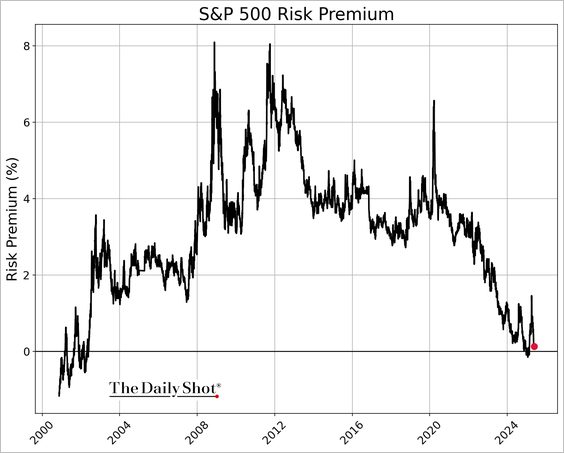The Bubble: A chronicle of credit is the economic story of our times, from the federal deficit crisis of 1995 to the dramatic growth of household debt to historic levels today. Did government help or hurt the nation with 0% down payments and easy financing? This episode looks for answers. Here is a video direct link.
This story begins with the last time Canada became serious about resolving its federal deficit and debt problem in 1995. Remarkably, back then Canada was in a minority globally with 70% debt to GDP. Today most developed countries have debt levels that are similar and higher than this. It is also worth noting that in order to break the over-spending addiction back then, Canada had to make cuts across the political spectrum including the military, arts, education and health care. It is also important to realize that while Federal Canadian debt is a lower percentage of GDP today than in 1995, provincial and consumer debts are much, much higher. Canadians have some serious fiscal slogging ahead as we work our way back out of our present debt hole.



The “zero” down is an interesting comment. I owned and started a mortgage company back in 2003 and the company was doing well. We were booking about $20 to $30 million a month but had to compete with these idoits that were advaincing 107%, $0 down and loosing deals to brokers that represented these people because the brokers were convining their customers that that was the way to go. We were funding our deals thru our own securitization conduit so in 2008, all the conduits dried up and we were essentially out of business. All because of the same people we had to compete with for customers in the first place and now their toxic mortagages killed our funding source as well (commerical paper market). And CMHC were the ones encouraging these reckless lending standards by allowing ever lower down payments and higher advances. So do I blame these governemental pencil necks like CMHC and Fannie Mae and Freddie Mack????
This sums it up really well!
http://www.youtube.com/watch?v=CBMnvXrdPmA
Thanks for the link to the movie, Danielle.
I remember the early/mid ’90s well. Canada was a fiscal basket case. The Americans were laughing at us. The housing market had recently collapsed, the economy was in the toilet. Ontarians hated Mike Harris for the fiscal cuts, but much of it was actually the result of cutbacks of transfer payments by the Federal Liberals, and Paul and Jean’s plans to get the country’s fiscal house back in order. In the meantime, Mexico was siphoning jobs (the China of the ’90s) and industrial companies were running away from unions. Many people lost their homes. Imagine what could happen this time, as the current housing bubble is much bigger by all measures, than the one that peaked in around ’89.
As for the kindly, well meaning elderly gentleman who felt obligated to pay his “share” of the national debt, I remember that too. While I appreciated the sentiment, I could only shake my head at the naiveté. If he really understood how the economy and money worked, I doubt he would have felt obligated to pay back his so-called “share.”
Regarding the increase in consumer debt, easy money and negative real interest rates will make saving money seem not worth the effort. Governments have failed us fiscally, financially, politically, and most importantly, morally. When the leaders are corrupt and a gang of banker oligarchs show that crime pays, what do you expect from the people? They will try to do the same in order to get a piece of the action. Why work, when you can steal? It’s so much easier.
I don’t know why they interviewed former BC Premier Vander Zalm who never ran a budget surplus, while omitting former Sask. Premier Roy Romanov who did so in the mid nineties – as the first province in Canada. Saskatchewan was very close to defaulting on their debt in 1993 if it were not for assistance from Prime Minister Mulroney.
Do consumers have to wait for a crisis to finally get debt under control?
Canada was able to survive those budgetcuts because the US was still growing at a healthy pace. But now the situation is different because Canada’s southern neighbour is doing poorly, as well.